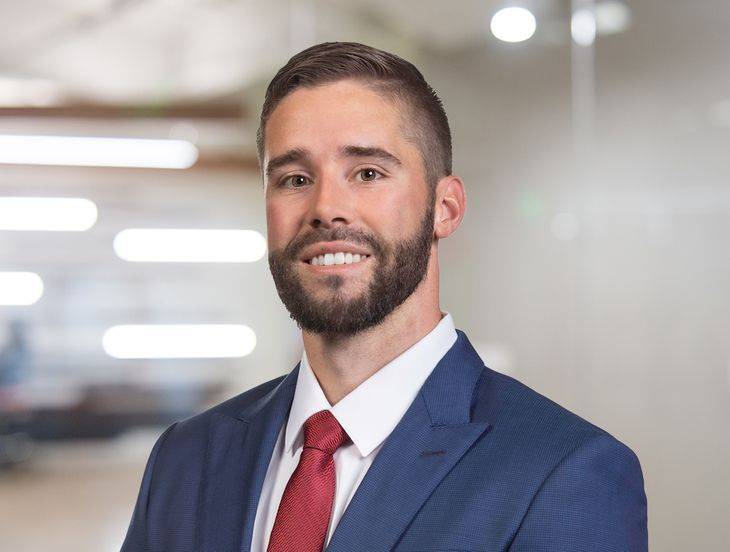NIL Stores are Next Step in Student-Athlete Revolution: 3 Things Higher Ed and Athletic Departments Need to Do
Insights
5.15.24
Colleges and universities have started to become involved with online NIL stores where fans, students, and alumni can purchase custom-branded clothing adorned with the last name and jersey number of their student-athlete of choice. This latest step in the name, image, and likeness (NIL) revolution has created another set of unique compliance obligations for Higher Education institutions and their Athletic Departments. What are the three things you need to do to ensure you follow best practices for operating or participating in an NIL store?
1. Only enter into licensing agreements for NIL stores
In order to limit your potential liability, you should only enter into standard licensing agreements for your logos to be placed on merchandise. By doing so, your institution can reduce the risk of contractual liability and potential Section 1981 claims if a dispute arises between a student-athlete and a third-party NIL store.
Likewise, you should be mindful of creating potential mandatory bargaining issues if student-athletes are determined to be employees by the National Labor Relations Board. NIL agreements should always be based on the value that each student-athlete brings to an NIL agreement. Although your institution may enter into a licensing agreement to participate in a virtual store, you should steer clear of any involvement in a student-athlete’s personal arrangement and decision to sell their NIL rights to third-parties. Their income should depend on their ability to negotiate with the NIL store and the profitability of their NIL based on purchasing decisions from fans and supporters.
Additionally, the decision to participate in an NIL store should be the student-athletes’ decision – and no one else’s. Student-athletes should also understand that they will not receive a benefit or consequence from their school regardless of their decision to participate or not participate in an NIL store that has a licensing agreement with that school.
2. Create co-branded NIL policies
If you decide to enter into licensing agreements for co-branded NIL merchandise, you should ensure that you have created neutral policies for determining whether to accept or reject co-branded NIL opportunities. The creation of neutral policies will also reduce the risk of potential Section 1981 claims that may arise from your decision to not agree to certain licensing agreements.
Your institution should also create policies for student-athletes who wear co-branded NIL gear. The policies should focus on whether your school will permit student-athletes to create NIL content while wearing school logos and other branding. Additionally, you will want to provide information to student athletes regarding the ability to promote other companies or ideologies in their co-branded gear.
Any policies should also require student-athletes to comply with applicable state laws – and also be compliant with the Fair Trade Commission (FTC) rules and regulations for advertising products and services.
3. Designate a co-branding contact in addition to providing training to employees and student-athletes.
Athletic Departments should designate and publicize the compliance employees who are responsible for managing co-branded NIL contracts. You should ensure athletic department employees are trained on issues related to co-branded NIL products and any applicable state laws.
Athletic departments can also develop courses for student-athletes related to co-branded NIL products, focusing on ways student-athletes can increase the value of their NIL. This additional benefit can create value for student-athletes who are focused on growing their brand while they are in still in school.
What is Next?
State legislatures have prioritized amending NIL laws to stay competitive in this new era. These laws affect how involved schools can be with NIL opportunities for student-athletes as well as govern liability for university employees and officials. Stay up to date with proposed changes in NIL laws in your prospective state.
If your institution has additional questions on regarding NIL, feel free to reach out to your Fisher Phillips attorney, the authors of this Insight, another member of our Sports Industry Group, or any member of our Higher Ed Team. We’ll continue to monitor the status of developing NIL legislation and will provide updates as warranted, so make sure you are signed up for Fisher Phillips’ Insight service to receive the latest news directly in your inbox.
Related People
- Michael E. Bonner
- Associate

